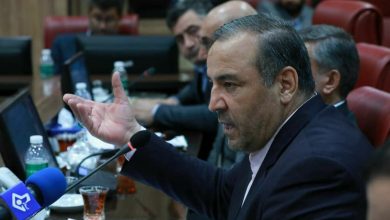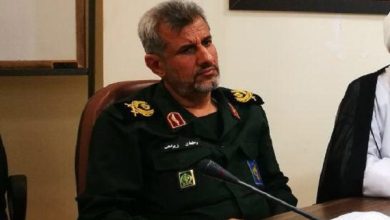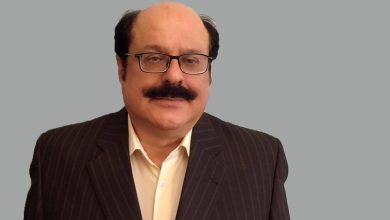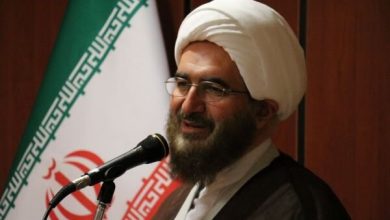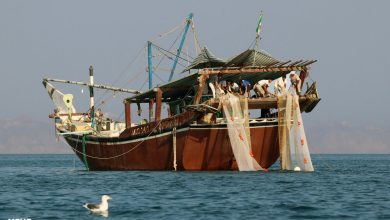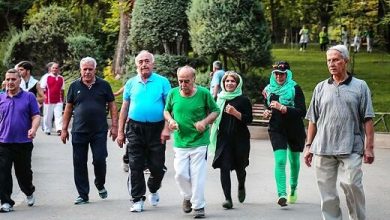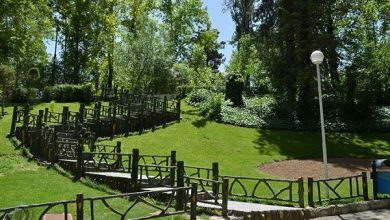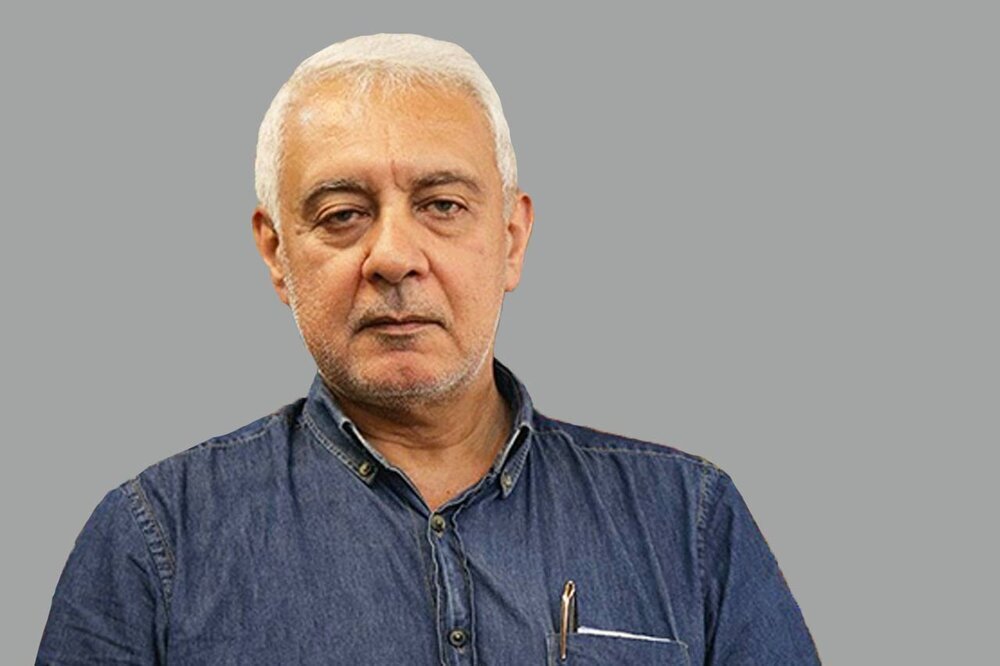
Ahmadinejad’s government has brought Iran to the brink of foreign invasion. Chapter VII charter United nations Power United Nations Security Council sIn order to maintain peace, this Council has the power to take military and civilian actions to determine any threat to the peace, breach of the peace or act of aggression and to establish international peace and security. It seems that the fundamentalist bloc does not have an adequate summary of the six Security Council resolutions on sanctions against Iran based on Chapter VII of the UN Charter. This opinion in 2012 aroused great concern among the people who did not even want to participate in the elections, and gradually with the disqualification of Ayatollah Hashemi Rafsanjani, this concern made them choose Hassan Rouhani. The foundations of this shift began on Tuesday, May 10, 2018, with Al-Hashemi’s disqualification from eligibility. While all political forces were shocked to exclude Ayatollah Hashemi Rafsanjani to get rid of Ahmadinejad’s fundamentalist populism and worry about future wars, the people began their revolution on Wednesday morning. A historical landmark has been formed. Since Hassan Rouhani has only had a day, it is time to introduce and interact with propaganda and political groups. The selection of non-voting and preferential candidates from Jalili and his companions became the goal of the election and the miracle of moderation and moderation was formed in the country. Hassan Rouhani won moderate slogans.
But it was very clear that Rouhani, with all his efforts, could not perpetuate the institutionalized system of supporters, followers, and enemies in the country by turning back to the executive branch. The government’s willingness to sign the Joint Comprehensive Plan of Action in the first term of his presidency to bring inflation down to below 10% and inflation to 12% was his greatest achievement for the people and the nation. But this unity was broken in the second term of his presidency. The foundational institutions of the supportive and dependent system and under that the capture of countless institutions that destroyed the economic structure that was included in the constitution and were important in the process of swallowing up the country, brought Iran into a historical period of individual and governmental organization. . Relationships of this situation intensified during the presidency of Mr. Raisi. In the elections of 1400, the unification of the government, the elimination of all effective rivals and the blunders of fundamentalists, reformist moderates, and other political forces led to the withdrawal of most people from the elections. The election of 1400 revealed the people’s desire for a balance of power and institutional “balance”. Supporters of the theory of one government and the legitimacy of the government refused to withdraw from the elections. Because in practice, the continuation of sanctions and the failure to resolve the JCPOA in the field of foreign policy, Mr. Raisi’s statements did not find practical dimensions. Its lucky sun sets and fades, including the politics of critical alliances/criticisms necessary.
The important point that His Excellency refers to is that if the future course of work for Iran will be determined by institutions in one of the strategic cities such as Tehran, Mashhad or Qom, in case of imbalance, the future country may face it. To be in other words, the sharp collapse of online protest movements requires solutions to be implemented in future reforms. If, due to the new attractions of power and political influence, emphasis is not placed on such structures and relationships, their acquisition or maintenance becomes a source of future conflict and violence. Therefore, any long-term neglect in dealing with this issue could lead to a different future for the country. The country needs peace in the transitional period. Therefore, regardless of the solution of a pro-subordinate system, the fulfillment of social demands as a strategic matter cannot be balanced. The pro-subaltern system referred to in the field of discourse is based on authoritarianism, focus only on values without objective solutions, pessimism toward critical debates, tendency to increase conflict between movements and police forces, and avoidance of institutional reform. Concern for decision-making power is the hallmark of modern organisations. The aforementioned regime in the field of political action, the weakness of institutions, the weakening of the status of the law, the formation of wide networks of hidden forces, especially factional forces, the intensification of political differences in Tehran, Mashhad, Qom, and eventually. Disruption of development and active foreign policy in order to create Jedi competition strengthened by the axes of global power, rather than hostility and confrontation. The continuation of this situation means a complete halt and reform of the 2012 elections. Not offering solutions, encouraging “others” to adopt methods outside the system; Trouble awaits foreign powers. Therefore, if this situation continues, then broader domestic spheres such as online protests, without affecting the creation of new moderates and a reformist force, could create an absurd future for Iran’s enemies. Therefore, the first duty and priority of the President of the Republic is to make the country vulnerable to crises and reconcile with the basic and vital structures through the formation of the structure of the national will and the adoption of the middle path. Since 2012, waves of people have moved towards the road. Providing moderate internal solutions that are accepted by public opinion.
*journalist
216

